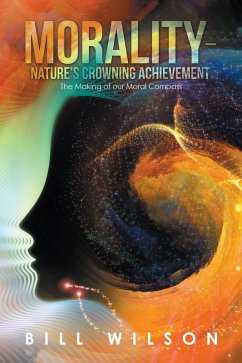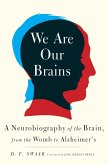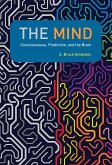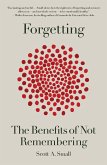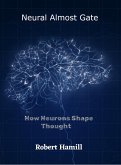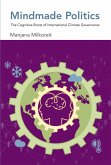In his previous book, Faith Refractioned, the author suggested that faith needs to be periodically refracted by looking at it through the lens of our prevailing understanding of the world. For our fathers, this was the world of "supernatural beings" and "mystical powers." For us today, it is the world of science and reason-and faith will only reveal its true beauty when refracted through this prism. In this book, the author addresses an argument made by religious traditionalists, which says that without God or gods, there can be no morality. He outlines how morality can be explained as a natural phenomenon, how it helps humanity survive and thrive, and how it can be encapsulated within the framework of a moral compass. The author observes that for our forefathers, morality was obedience to the laws of God. But with the belief in God in sharp decline in most of the Western world, morality either doesn't exist or it is somehow part of our evolved nature. Accordingly, through much trial and error, an almost global consensus has been achieved about the elements of a moral code. But this consensus is fragile and demands constant nurturing if it is to withstand the pressures of modern, high-speed living.
Dieser Download kann aus rechtlichen Gründen nur mit Rechnungsadresse in A, D ausgeliefert werden.

